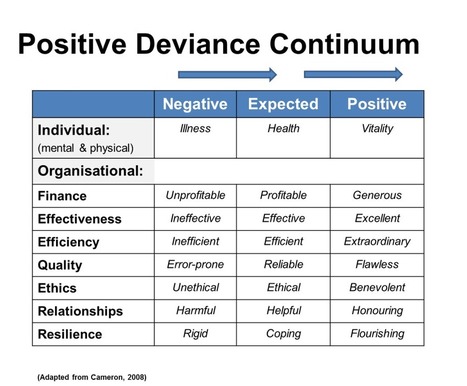Many people spend their days sitting at their desks alone as it is–communicating through email, Slack, or text rather than in person, and leaving little opportunity to feel as though they’re pulling together as a group. Even in a busy environment like a bar, colleagues might not get to interact much amid the chaos of a full house.
Taking time to give back through collaborative volunteer work breaks the normal cycle of work. It gives team members a chance to reestablish their connections with each other without having to achieve a particular goal in their own workplace. And it can reinforce collegial relationships even after everyone returns to work, because they’ve contributed to a goal that’s actually meaningful. That’s far better than just going to some strange corporate retreat where you solve a pointless but difficult problem and leave without making any lasting impact.
Via The Learning Factor



 Your new post is loading...
Your new post is loading...






















Gratitude is a powerful emotion we should all tap into more often, but the benefits of altruistic teamwork might have it beat.